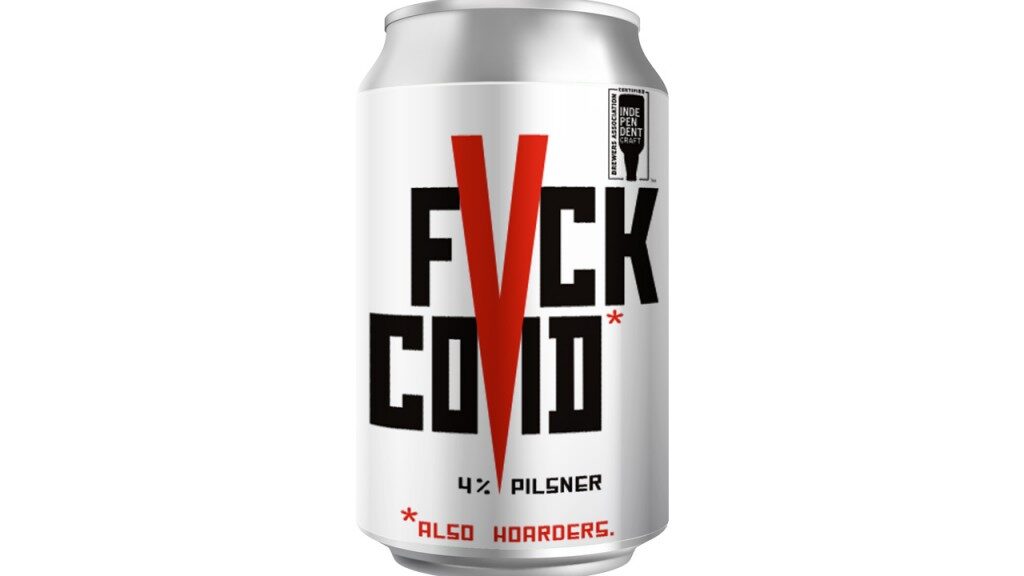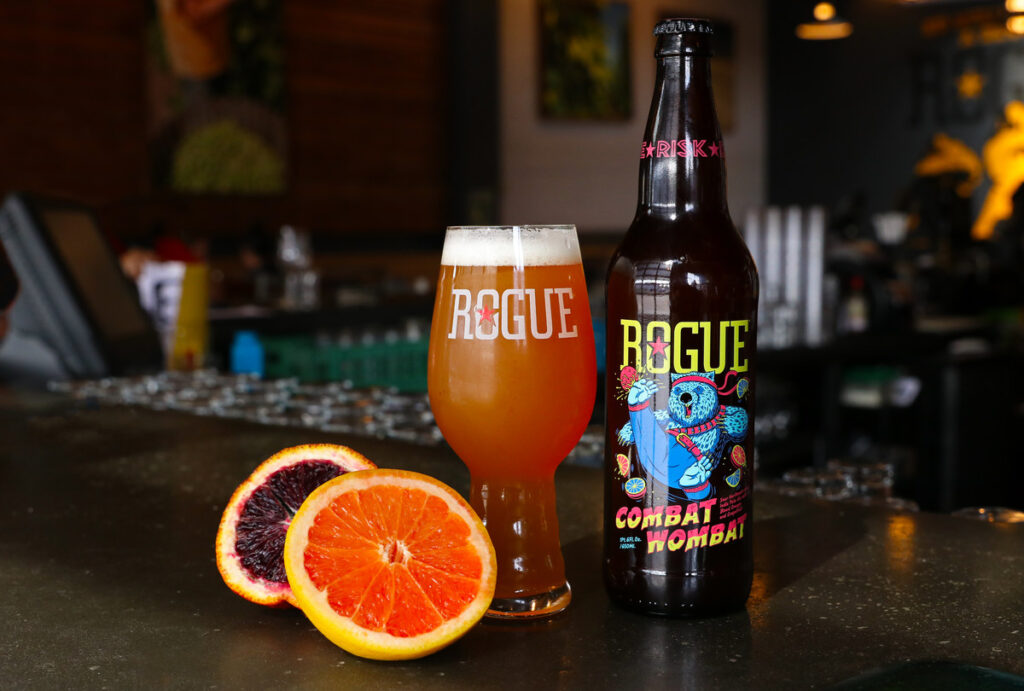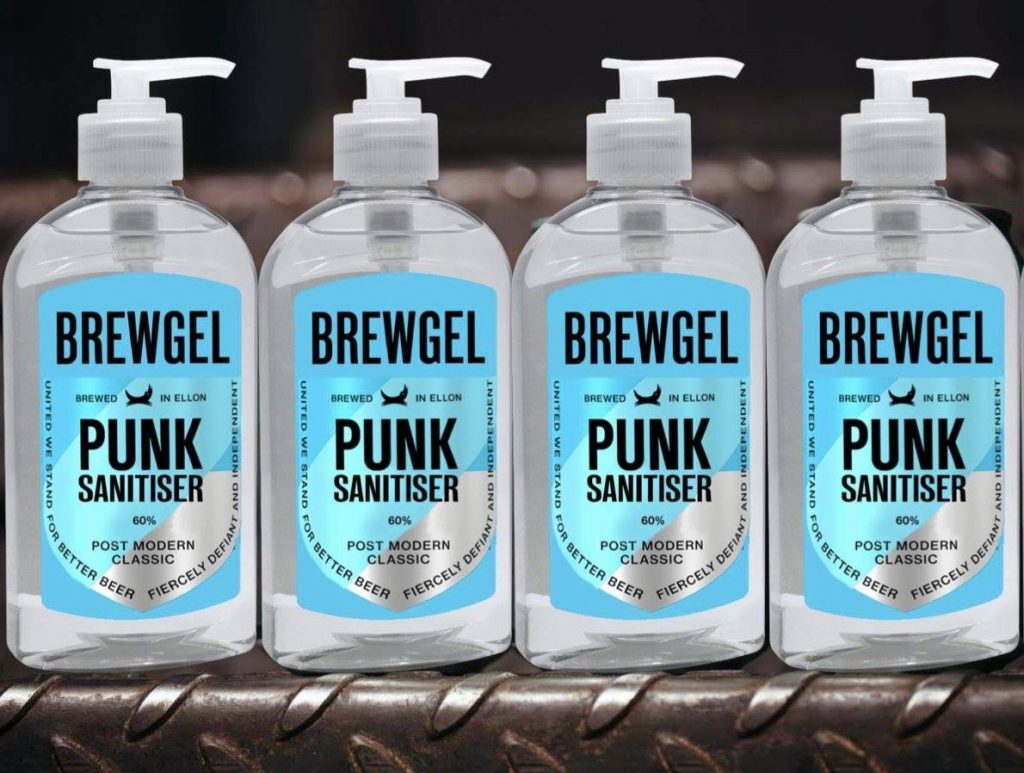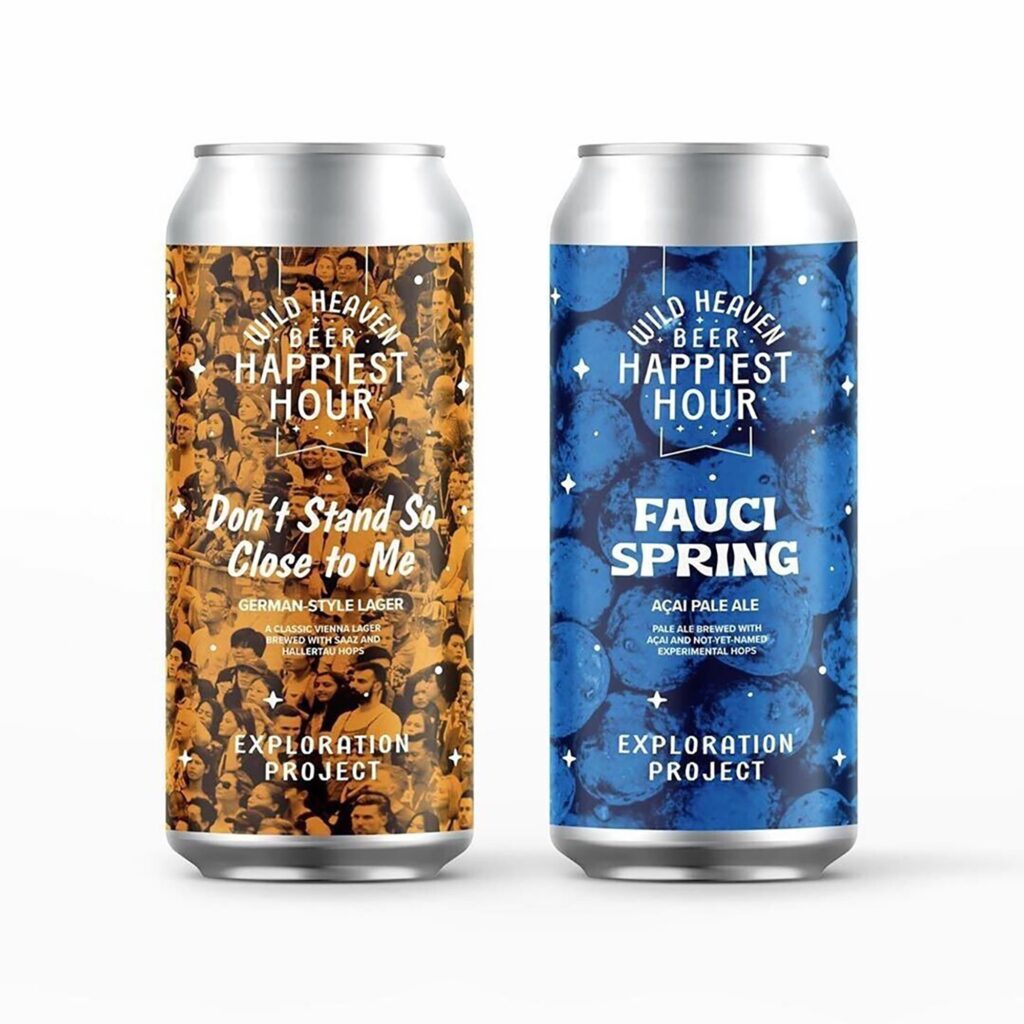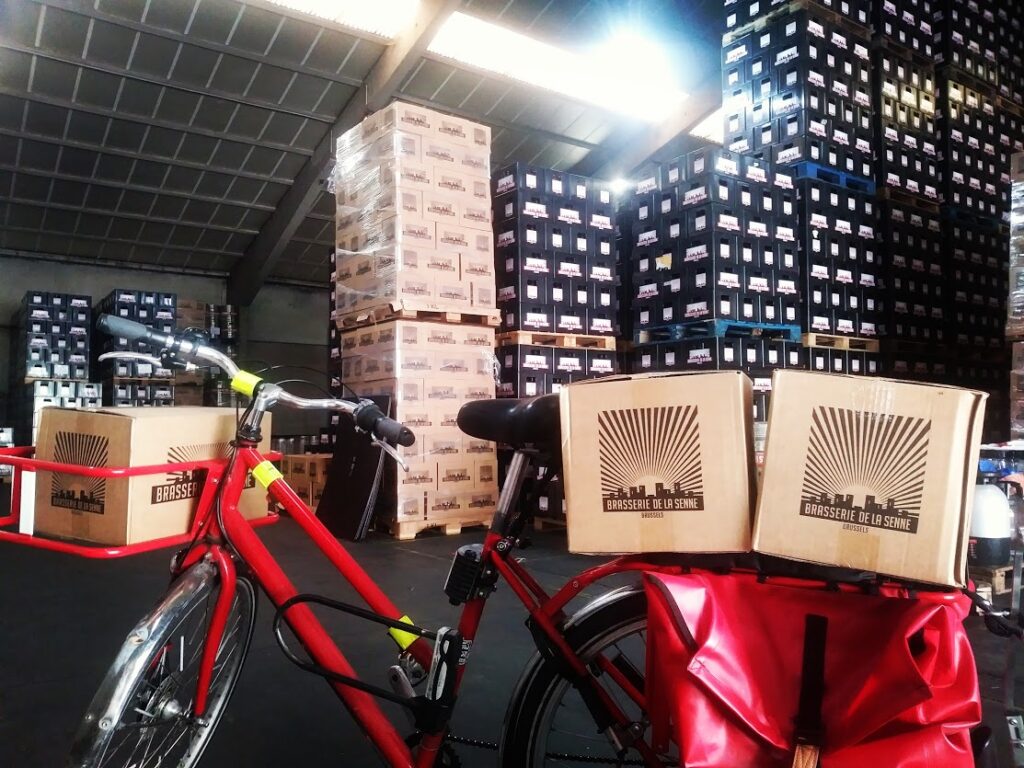It’s neither funny nor appropriate to make jokes about something when people are suffering, and this applies to the COVID-19 outbreak, which has caused widespread financial distress as well. Now consider this: obesity is an epidemic in many parts of this world. Its related diseases cause thousands to die on a daily basis and its impact on productivity and health care systems is astronomical. Yet people make fat jokes and putdowns all the time. Even the President of the U.S. takes a regular ribbing about his weight by comedians on TV.
Humor is a vital and necessary critique of our society. It’s especially necessary when things get irrational. We are not making fun of people who have suffered. We are poking fun at the response to the outbreak. The panic buying of toilet paper in a perceived crisis in Japan is silly, but sure enough people were lining up at wholesalers, department stores and other retailers, pushing grocery carts stacked high with toilet paper. Toilet paper hoarding is decades’ old herd mentality, actually. In late February, a Japan Times article even noted, “In 1973, after Arab countries placed an embargo on oil exports to Japan, there were sometimes violent scenes of panicked buyers grabbing toilet paper.” We personally saw this again after the March 11th, 2011 Tohoku earthquake and tsunami.
Of course Japan is hardly the only country guilty of this kind of panic buying. And we get that maybe you don’t want to run out of toilet paper. But folks, Japan has the most technologically advanced toilets in the world! They come with bidets and ass dryers. Their sophistication surpasses some healthcare equipment in disadvantaged countries, maybe even the engineering of Tesla cars! Why, people, aren’t you panic-buying and hoarding something more sensible like beer? At least beer can provide nourishment. And if it’s craft beer, you’re also providing small companies some income.
One great thing about Japan that we should repeat in this context is that breweries can, by law, ship products directly to consumers. Many other developed countries around the world have laws and/or logistics that restrict this. Quite a few bottle shops in Japan provide this amazing service, too. So if you’re timid about going out, order online. Let’s imagine, though, some drastic situation where even delivery drivers were asked to stay home. If there were delivery drones or robots, you could happily survive an in-house quarantine for weeks or months.
This scenario is becoming reality–not only the dramatic quarantine we describe, but the drones and robots. In Berkeley, where our U.S. office is located, small robots regularly deliver food on the University of California, Berkeley campus and on select blocks of the downtown area. Come to think of it, medicine delivery robots have been in service in hospitals for years. There have even been successful trials of self-driving beer delivery trucks these past few years. Again, laws regulate the delivery of alcohol to individuals in the U.S., but if you match this existing and functioning technology with Japan’s laws, you have… beer delivery robots. We’re not joking. This is not a sci-fi fantasy. Right now, an alcohol distributor in a dense urban community in Japan could deploy one of these small robots. Of course, one of the pleasures of craft beer is the social element–meeting friends and strangers alike at bars and taprooms. But technology like this seems helpful during uncertain times. And when you need more beer at your hanami party…
Here’s one technology headline that caught our eyes: “Electric nose sniffs out beer flavors”. As reported in late-February by the non-profit site Futurity, which features technology and discoveries emerging from research at select universities, University of Melbourne (Australia) researchers have developed what they call an “e-nose”. Yes, it sounds gross. We prefer iNose, but we’re sure Apple would sue them for that. This device has sensors which can supposedly detect chemicals associated with off-aromas in beer. Traditionally, breweries use “sensory analysis” (brewers or trained staff sniffing and analyzing the beer). The technology is still in early stages of development, but if successful, it could lead to other valuable applications like telling you if you need more deodorant before riding a crowded train.
Moving on from technology to the natural world, some young entrepreneurs in Belgium are growing mushrooms with the spent grains of select breweries in Belgium. As Samuel Petrequin of the Associated Press reported in late February, Le Champignon de Bruxelles set up their operation in the cellars of the Abattoir meat market in Brussels. They first tried to grow Shiitake, Maitake, and Nameko using coffee grounds as a substrate. When that failed, they turned to breweries like Brasserie Cantillon for spent grain. The mushrooms thrived. We now wonder if any Belgian breweries will make a mushroom beer to complete the circle. Gross, you say? Mushrooms are rich with umami. This is little different from YOHO Brewing’s Umami IPA which uses bonito flakes. And in California, it’s only a matter of time before a magic mushroom beer is released…
In Bradenton, Florida, Motorworks Brewing released canned beer that featured the faces of four dogs that were up for adoption through a local animal shelter. A woman living hundreds of miles away in the Midwest was on social media when she recognized one of the dogs as her own which had disappeared. The two were reunited after the woman submitted vet records that verified the dog’s identity. While she admitted the dog escaped, it’s not clear how it ended up in Florida. It’s possible it was seeking the good beer and good people of Motorworks.
As many know, vast swaths of Australia were devastated by wildfires between June of last year and earlier this year. Many businesses have stepped up to provide relief funds, especially for endangered wildlife. One of those is American craft beer producer Rogue Ales & Spirits. In January, it donated all proceeds (over $12,000USD) from sales of its Combat Wombat T-shirt to the Wildlife Victoria Bushfire Appeal. Wombats were among the species affected by the fires. Combat Wombat is a sour IPA from Rogue that has been imported to Japan by Ezo Beer since last year. In addition to being one of the first craft beers ever available in Japan, Rogue has a long history of philanthropy.
We don’t consider this next piece of information philanthropy so much as simple corporate social responsibility. In our intro to last year’s summer edition (JBT39), we reaffirmed our commitment to sustainable business practices and to organizations that are stewards of the environment. Last year, we donated a percentage of our gross sales to several organizations involved in such stewardship and/or research and education, including the California Academy of Sciences (which houses the Institute for Biodiversity Science and Sustainability). Our ability to donate is due to our success, which depends on the support of readers, distributors and sponsors. Thank you all. We’re further proud to be in an industry (craft beer) that has a progressive record when it comes to sustainability. Let’s now all support that by drinking beer. Hopefully you hoarded some.
—
Stop the Press!
So much has happened in the weeks since we originally finished writing this Roundup. COVID-19 has created a rapidly changing situation in all our lives. It’s hard to keep track of everything that’s happening. Still, we decided it would be worthwhile to add a lengthy update to this column and focus on how individuals and businesses in the beer industry have been responding to the crisis.
BrewDog is not just a powerhouse brewery, but also a savvy marketer. They’ll never miss an opportunity to make a headline, but that doesn’t mean what they do can’t be altruistic, too. The brewery also operates a distillery in Aberdeenshire (UK), which co-founder James Watt tapped to produce “Brewgel”. The “punk sanitizer”, as they dubbed it, was given out for free to those in need. Even earlier in March, AB InBev (Anheuser-Busch) announced it would use its Brazil-based breweries to produce half a million bottles of sanitizer for hospitals. In fact, beverage alcohol producers across the world have announced similar moves. The Brewers Association in America, meanwhile, decided to use all the beer submitted for the cancelled World Beer Cup to make sanitizer with two distilleries near its offices in Colorado. We’d be keen to see a hop-scented sanitizer, if it were available.
Many breweries are quickly and creatively adapting their brewery business as local and/or national authorities enact stay-at-home measures. America, which has over 8000 breweries, is a hot-house of new activity and ideas. For most, curb-side pick-up of beer has become the norm and a necessity. Wisconsin-based Third Space Brewery created “Curbside Pickup Bingo” cards with local businesses also offering pickup. After customers have patronized five businesses (it’s on an honor system), they are asked to mark their cards and post them to Facebook, Instagram and Twitter. Third Space will then give you a voucher for a free pint at their taproom when they re-open for regular business. What a way to support local businesses!
Also in Wisconsin, the brewery Ale Asylum has created a beer colorfully named FVCK COVID (yes, that’s a “V” instead of a “U”, but you get the point). Proceeds are being donated to the hospitality industry. As you can imagine, in a country with tens of thousands of beer names, there are a lot of COVID-themed beer names floating around right now. In Georgia, Wild Heaven Beer released a German-style lager called “Don’t Stand So Close to Me”. While the name is the same as the hit song by the Police, it’s really just a nod to social distancing, right? The brewery also released a “Fauci Spring”, in honor of the immunologist and infectious disease specialist Dr. Anthony Fauci, who is the public face of the COVID-19 response in America. The beer is made with açai berries, often called a healthy super-food. Is this perhaps marketing gone too far? (As for using Fauci’s name, it could be any Fauci, we guess…)
In Mexico, production of Corona Beer has been shut down, but not for the reasons you are probably thinking. It wasn’t because people weren’t buying it and the brewery had to shutter. In fact, in late February, the chief economist of the Brewers Association in the U.S., Bart Watson (whom we interviewed in JBT31), looked into rumors that sales were slowing due to association with the Coronavirus. He discovered that during the preceding four weeks, sales of Corona was up 3.1% by volume over the previous year. Also, as bars increasingly shut down or shortened hours, grocery store sales of beer surged in many countries (meaning Corona would still be selling). Unfortunately, Mexican authorities determined that beer wasn’t an essential product and ordered the factory workers to stay home. We can imagine Mexico having a debate with Germany or the Czech Republic over what is essential…
A Reuters report from April 14th noted that breweries in Brussels, Belgium have been forced to sell online, though that reflects the reality of many breweries around the world. However, bicycle delivery is included and several breweries are donating a share of their proceeds to local hospitals. Bicycle beer delivery!? The bicycle design is certainly intriguing and we respect that it’s a green business. It was also a niche business until the Coronavirus. According to Jeroen Verhoeven, who runs the service, he went from delivering just 40 cases a month to that many a day. If the breweries are donating any calories to him in the form of beer, he’s getting some good exercise in, too.
In naughtier news, BBC reports that Tony Herbert, the mayor of Warrnambool in Australia, was photographed on April 7th having a beer with three other patrons outside a hotel. This was a violation of social distancing policies enacted as a response to the Coronavirus, and he was eventually fined over $1000 by local police. He claims he was just checking in with the business owner when two other folks strolled up and one handed him a beer. Yes, this is exactly how hanami parties start, too.
This article was published in Japan Beer Times # () and is among the limited content available online. Order your copy through our online shop or download the digital version from the iTunes store to access the full contents of this issue.

